Women who use drugs are at risk of being overlooked. Yet there are Ukrainian organizations working hard to ensure they are not.
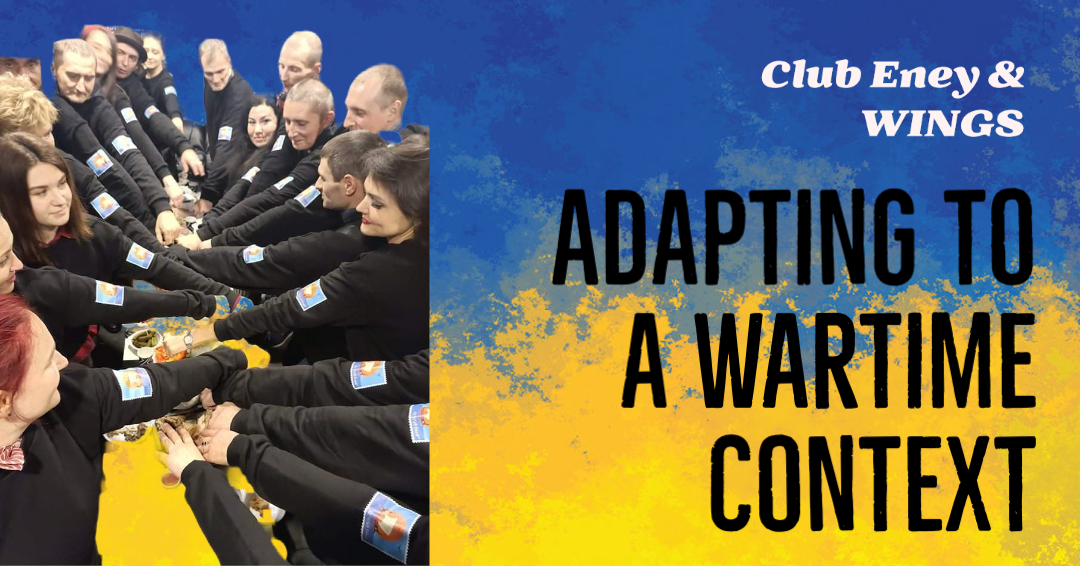
Ukrainians are celebrating 31 years of independence on August 24th, which also marks half a year since Russia’s full-scale invasion of their country began. This brutal war has upended millions of lives since February; among them are individuals at the margins of Ukrainian society. Women who use drugs, who experience intimate partner and gender-based violence, and who may not have a safe home to return to are at risk of being overlooked. Yet there are Ukrainian organizations working hard to ensure they are not.
Introducing Club Eney: Centering the experiences of people who use drugs and sex workers
Founded in 1993, Club Eney’s mission is to advance the interests of people who use drugs and sex workers. With approximately 28 staff and 15 volunteers, Club Eney serves 3,000 people per month in multiple locations across Ukraine. The organization’s name has roots in Ukrainian literature: Eney is the central character in the poet Ivan Kotliarevsky’s retelling of The Aeneid (Virgil’s epic poem). Eney’s journey down to hell and back symbolizes overcoming challenges related to substance use for many of the organization’s clients.
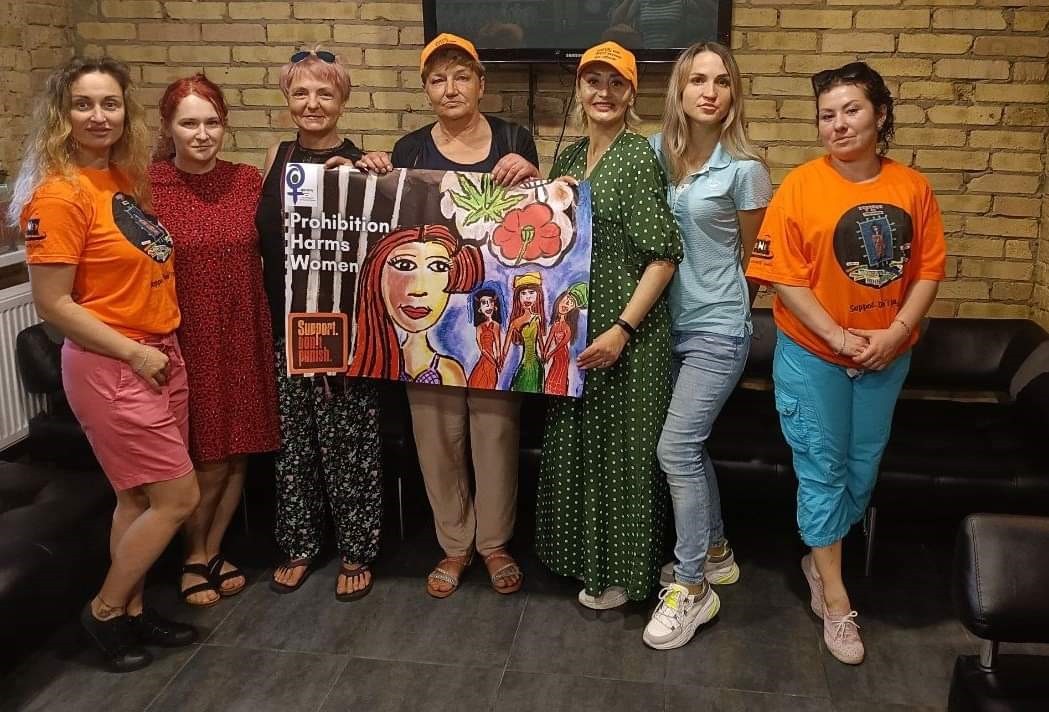
Club Eney connected with SIG in 2018 through Maryna Hrudii, an intern working with SIG co-director Dr. Louisa Gilbert.
With Hrudii and Dr. Gilbert’s help, Club Eney obtained pilot funding from the International Renaissance Foundation to adapt and implement the Women Initiating New Goals of Safety (WINGS)* intervention. The Ukrainian iteration of WINGS serves women who use drugs, self-identified women sex workers, women living with HIV, and internally displaced women. Since 2018, Club Eney has used WINGS to serve approximately 2,080 women across eight regions of Ukraine, including over 200 in the past year.
*WINGS is an evidence-based screening, brief intervention, and referral to treatment service tool, designed to identify intimate partner and gender-based violence among women who use drugs. It was developed by Dr. Gilbert and her team at SIG in 2008, and has been adapted and implemented around the world, including in New York City, Kyrgyzstan, and India. In Ukraine, WINGS has been funded by the International Renaissance Foundation, the UN Trust Fund to End Violence Against Women, and ViiV Healthcare.
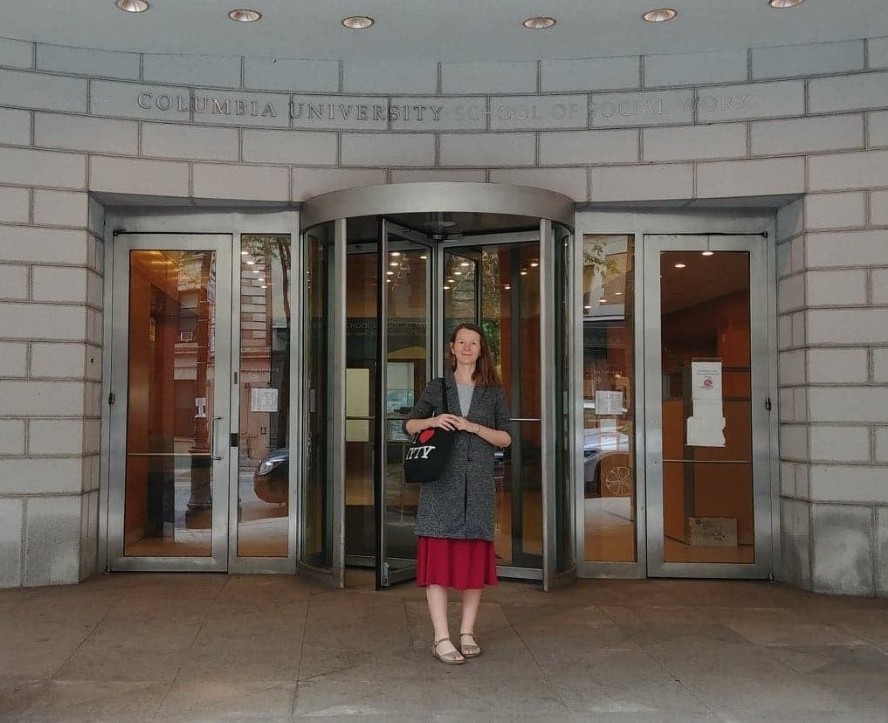
Since February, Club Eney not only continued this work but expanded its services to provide humanitarian aid. For this article, both Club Eney’s chair Vielta Parkhomenko and a facilitator for the WINGS intervention and social worker at Club Eney’s community center Yaryna Kyzim shared how six months of war have changed the lives of their clients, and how Club Eney adapted its work in this new wartime context.
The 'invisible' women impacted by war
In large-scale crises, people with substance use disorders may often have their needs dismissed as secondary concerns. Parkhomenko shared that prior to the war, Club Eney’s clients had received treatment at both government-run and private clinics throughout the country. However, at the start of the war, private clinics quickly decided to close, leaving hundreds of people without access to life-saving treatment. NGOs like Club Eney scrambled to connect their clients to government organizations to ensure continuity of care. This experience is not unique; a recent article in The Lancet Public Health emphasized the logistical challenges of continuing substance use treatment for clients in Ukraine, and the devastating consequences of HIV and loss of life when access is disrupted.
Parkhomenko also described how war creates new social risk environments for their clients. Steep declines in employment along with the constant threat of missile attacks means women and their partners are constricted to close living quarters. There have been increased instances of domestic conflicts and resulting violence. In addition, women and children are prone to sexual violence from invading Russian military. In June, the Office of the United Nations High Commissioner for Human Rights announced that there had been 124 instances of conflict-related sexual violence in Ukraine since February, though this number may be significantly underreported.
"We are not just a community organization, but a community-led organization. Our staff share this experience of substance use with our clients. If we do not take care of our sisters, no one will."
Like all Ukrainian women, women who use drugs may have to make difficult decisions and move far from their emotional and social support systems. Given their economic and social marginalization, women who use drugs have always lacked the resources to weather such changes.
“Everyone in Ukraine is currently living through hard times, but women who use drugs have always had this problem of being invisible,” Parkhomenko said.
Flexibility of service delivery during wartime
Club Eney resumed sessions for clients after pausing during the first month of the invasion. Kyzim and other WINGS facilitators had experience providing the intervention online during the COVID-19 pandemic, and they continue to use this method, particularly as many participants move within and across different regions for their safety. Where sessions are held in person, such as in the besieged city of Mykolaiv, they have sometimes been conducted amidst air raid sirens, with participants gathering in basement bomb shelters. Participants now incorporate wartime considerations (for example, limited transportation options) into the intervention’s safety planning activities, and Club Eney has cultivated a wider network of referral organizations to meet the needs of its highly-mobile clientele. The facilitators also find themselves addressing and referring participants for experiences of trauma and psychological distress.
For these women who have lost everything and no longer have homes to return to, it is important for them to feel this connection with others. Even just to sit and have tea and cookies together, it helps.
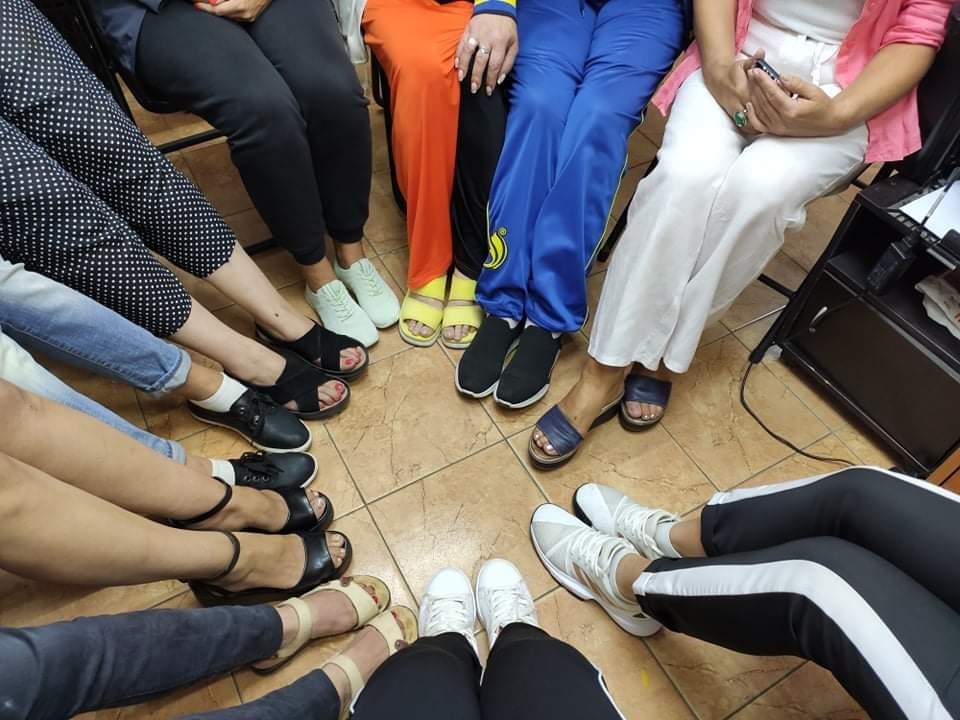
Like many other community-based organizations in Ukraine, Club Eney has gone beyond its traditional programming to distribute emergency humanitarian aid through its far-reaching community networks. Club Eney has also negotiated with donors to ensure flexibility of spending, which has allowed them to reimburse women for private transportation out of occupied territories, a small yet critical step that has saved many lives.
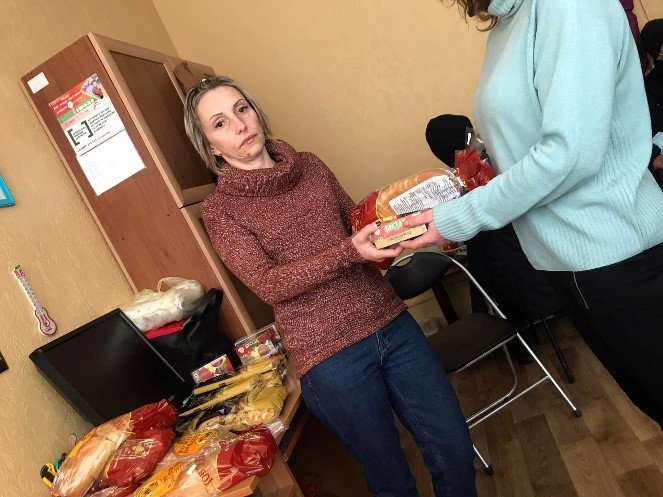
Just prior to the invasion, Club Eney had opened a domestic violence shelter in Kyiv for women who use drugs; the organization now uses this space to house women and their children fleeing occupied territories. The existence of a dedicated space for women who use drugs is crucial, as state regulations prevent them from accessing general housing for internally displaced people.
These efforts would not be possible without the perseverance and dedication of Club Eney’s staff. Parkhomenko shared what gives them motivation: “We are not just a community organization, but a community-led organization. Our staff share this experience of substance use with our clients. If we do not take care of our sisters, no one will.”
In addition to support from the organization itself, Club Eney’s clients can also rely on one another. Kyzim observed a strong sense of camaraderie among WINGS participants and shared the story of one woman who had been displaced by the war and was struggling to take care of her child alone. Her WINGS groupmates gave her advice and helped her to obtain medications for her child. “For these women who have lost everything and no longer have homes to return to, it is important for them to feel this connection with others,” Kyzim said, “Even just to sit and have tea and cookies together, it helps.”
Expanding to serve more women: Funding sought
Given the intensity and urgency of their work, Parkhomenko and Kyzim acknowledge that the risks of burnout among facilitators is very high. Club Eney is currently seeking funding with which they can recruit and train more WINGS facilitators to expand the program’s reach and ensure that existing facilitators can take time off as needed to recharge emotionally as well as deal with wartime logistics for their own families.
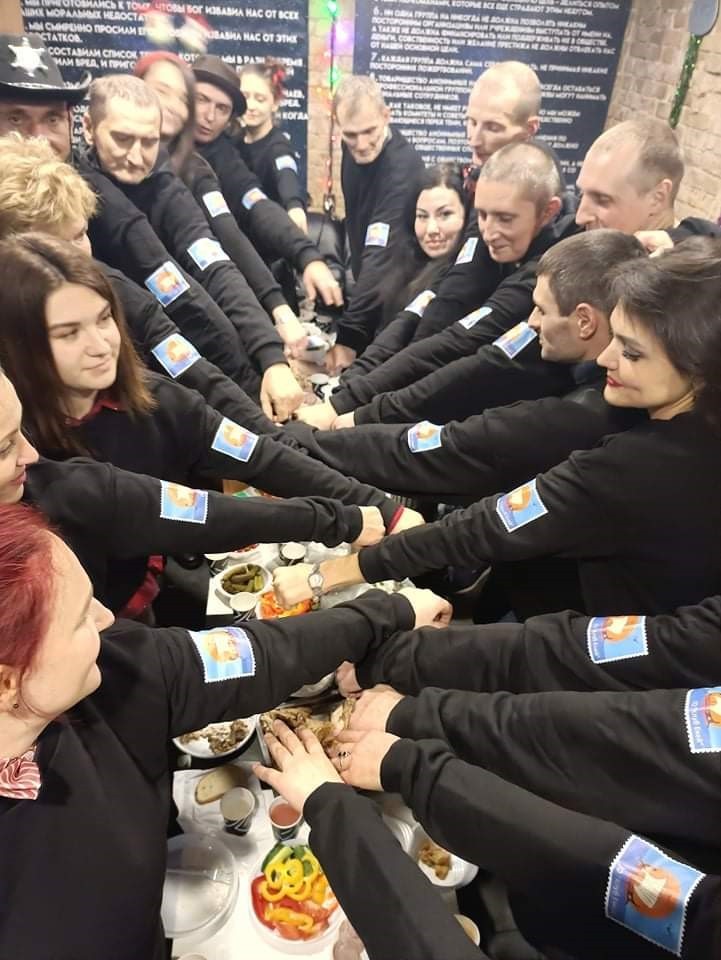
Club Eney accepts donations for programming and humanitarian efforts through bank transfer (a common method overseas).
- Name: NGO «Club «Eney»
- Address: 11 Sokalska street, apt. 49, Kyiv, Ukraine, 04074
- IBAN Code: UA143808050000000026004199788
- Bank name: The Bank of New York Mellon, New York, USA
- SWIFT: IRVTUS3N
- Beneficiary bank: Raiffeisen Bank Joint Stock Company, 9 Leskova St. Kyiv, Ukraine, 01011
- SWIFT: AVALUAUKXXX
- Correspondent Account: 890-0260-688
